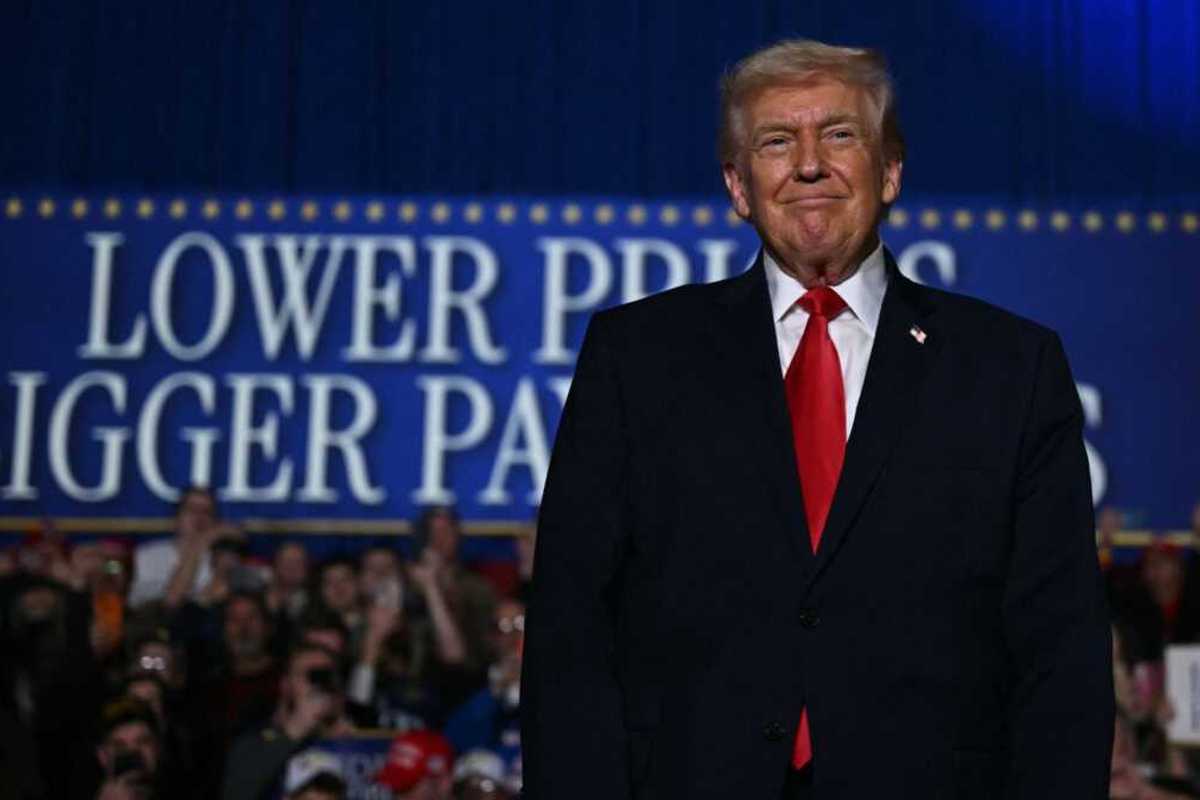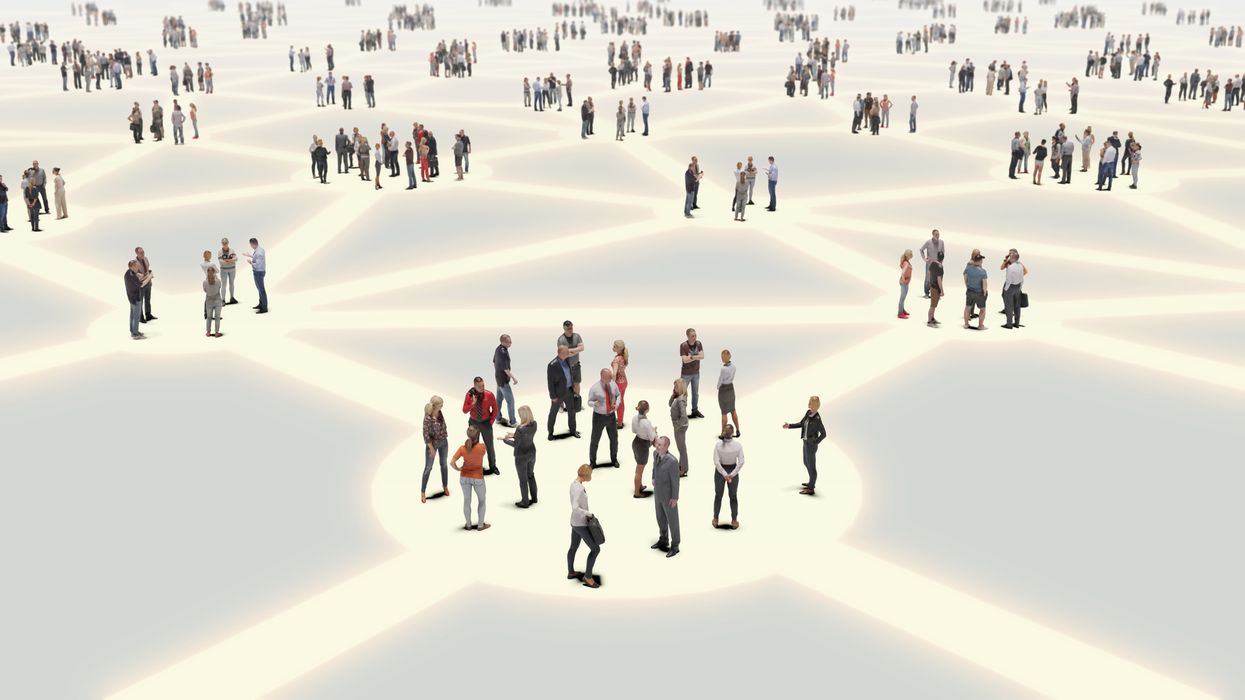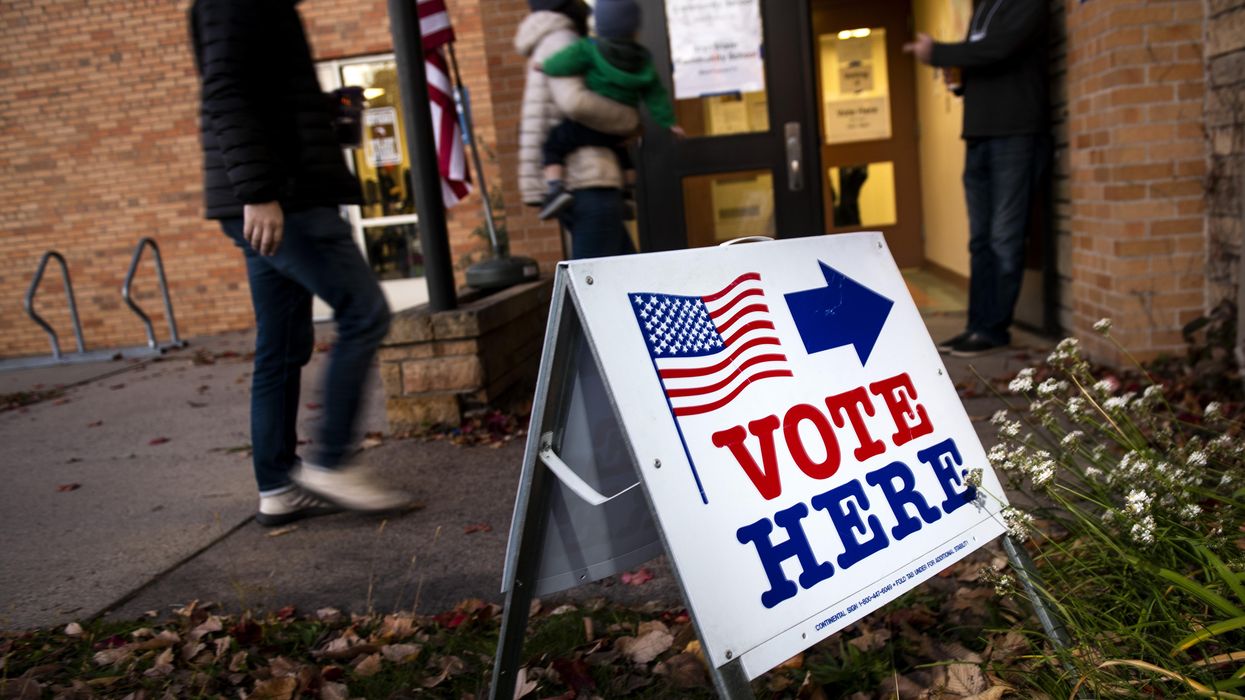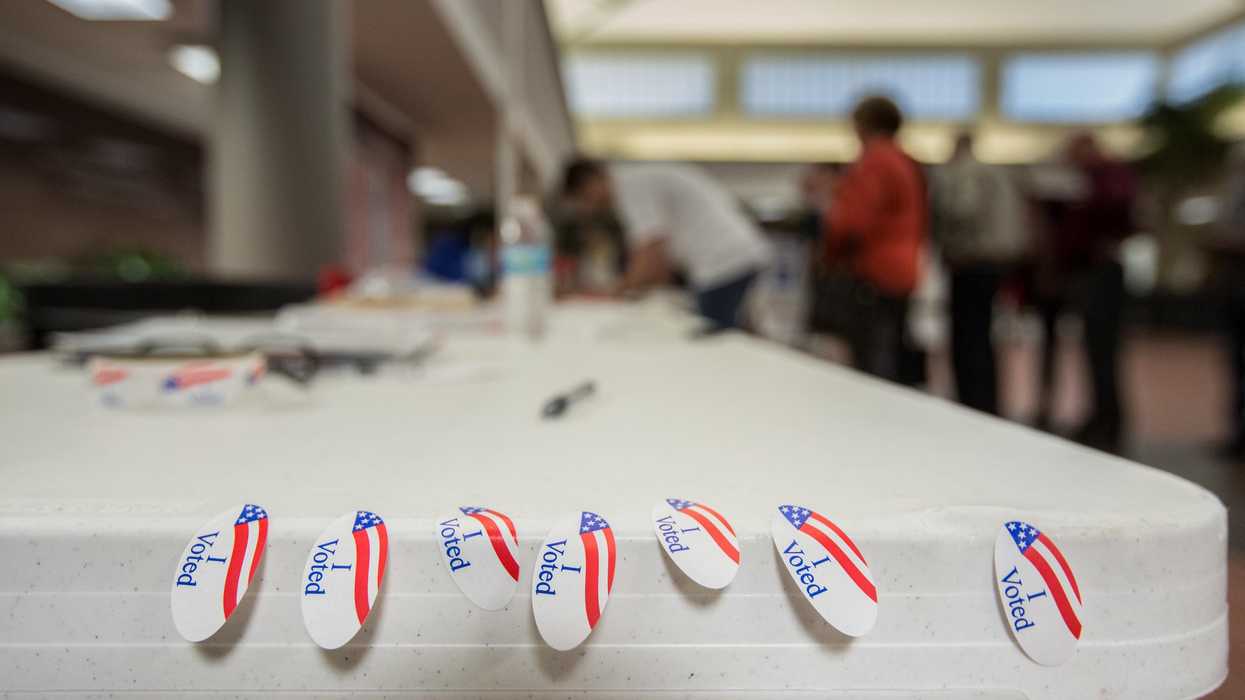Strand is co-founder and research director of Civity, a visiting professor at Marquette University Law School and professor emerita of Creighton University.
The definition of “civity” is “a culture of deliberately engaging in relationships of respect and empathy with others who are different.” The goal of Civity, the organization I co-founded, is building a civity culture.
So why the emphasis on others, on people who are different?
The short answer is that while difference carries the risk of violence and destruction, it also offers the potential for imagination, creativity, and resilience.
Quite a few years ago I read the transcript of a 2002 interview with Stephen Thom, a former senior conciliation specialist at the Justice Department’s Community Relations Service. He had been assigned to assess the potential for violence at a particular high school.
Thom’s description of the lunch or recess scene there was very familiar to me from my own days at a large and racially diverse public high school:
“Usually if you go to most high schools, you see clusters of Hispanic students here, African American students here, European-American students here, Asian students here, and you have pockets like this all over the school grounds.
According to Thom, he hoped to see what he called "cross-racial flow" across those "clusters" or “pockets.” Specifically, he was looking for students he called "diffusers":
“You want a certain percentage [of diffusers] in a school environment, to make sure that everybody knows what’s going on, versus everybody who doesn't know what’s going on, and they’re really living in a kind of a fear of the unknown, and it’s really a tense city. … But if you have this flow, usually it means, ‘Oh, I know that guy. He’s cool.’ ... That’s the health of the school.”
Our nation today is a lot like a high school cafeteria. Different tables equal different neighborhoods, jobs, and geographies. Different racial groups there equal, more broadly, different racial groups, economic groups, political groups, and religious groups.
Too often, we sit at our table, get close to the folks who are sitting with us, and look daggers at “those people” sitting at other tables.
When this happens, the spaces between tables become divides, and we are primed to fly off the handle.
But if there are “bridges” across those expanses of linoleum … if there are people who look across, toss a joke or a comment to someone at a different table, or actually get up and mingle ... trust begins to emerge. And when that happens, the difference transforms from a liability to an asset.
Iris Marion Young, author of “ Justice and the Politics of Difference and Inclusion and Democracy,” made the case for viewing what she terms “social difference” as a “political resource.” Young wrote, “Inclusion of differentiated groups ... maximizes the social knowledge available to a democratic public."
Difference fuels creativity. In music. In art. In food. In ideas. In planning. And yes, even in politics.
Difference lies at the core of learning, of growth, of adaptation.
When we are trying to work our way through tough times or tackle gnarly problems, it’s helpful to have as much information and as many varied skills as possible. Different people know, see, and contribute different things. So, when we connect with other people who are different from us, the lines of communication can open up, and we can tap into a rich diversity of experiences and perspectives.
The key to differences being generative is approaching them as opportunities: engaging others who are different with curiosity, interest, and kindness – and with the horizontality of “I see you” respect and “I hear you” empathy.
We don’t need to move all the tables together. And we don’t need to make them all the same.
We do need to create the connections, the bridges, that make it possible for difference to do its magic.



















